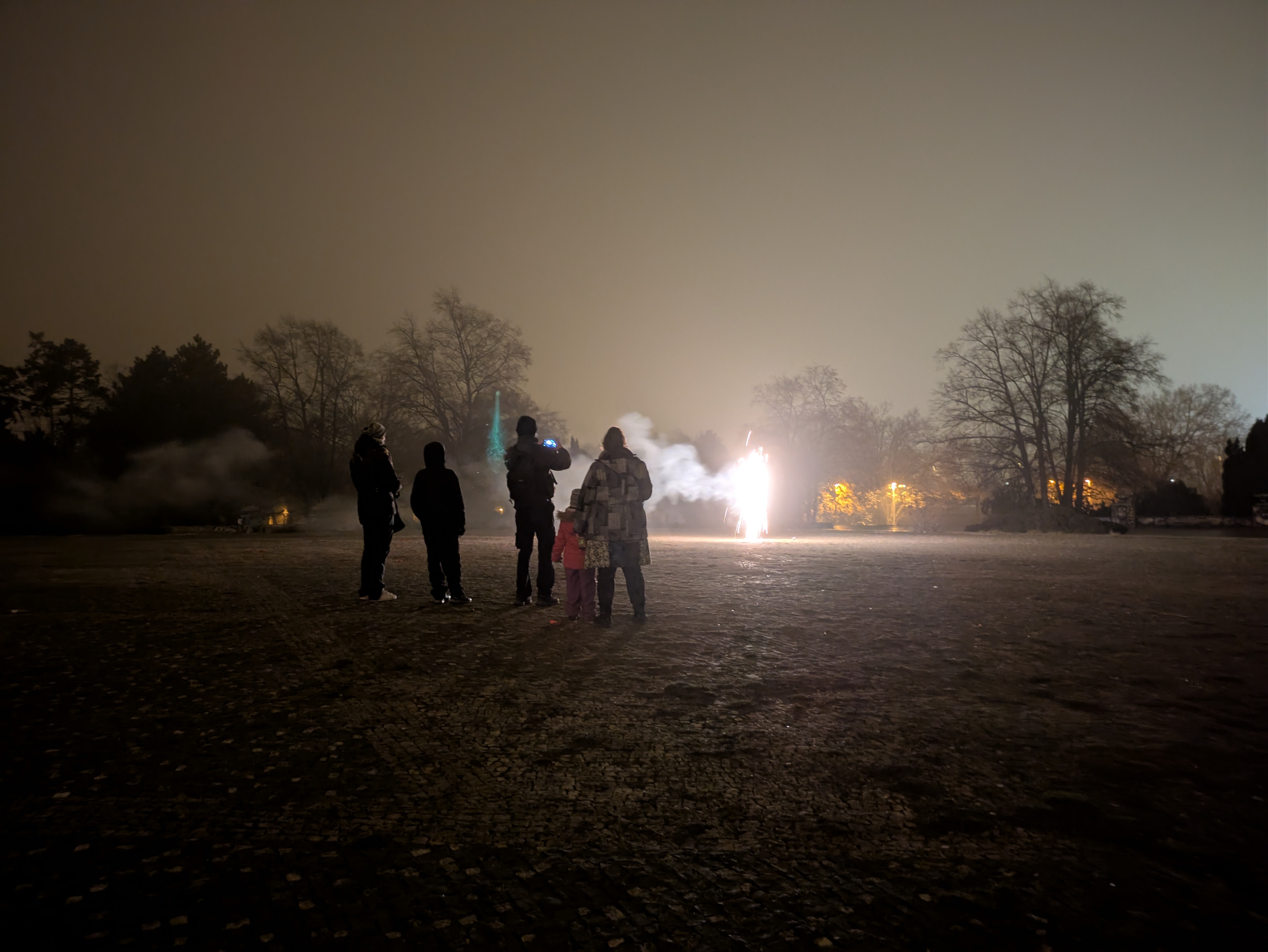Last month, I released Océanne and Tristan Cross the Atlantic. The culmination of eighteen months worth of work, it was an hour-long satirical radio play about two French-Canadian trans people becoming the center of a new moral panic.
If you haven’t seen it, you can watch it here, with subtitles:
As I move on from this project, I wanted to leave behind a few closing remarks for posterity.
Writing in the midst of an anti-trans panic
I started to write the script in 2023. This was at a time when there was a full blown moral panic around the existence of trans people in much of the world, including Canada.
This was the year that over 500 anti-trans bills were introduced in the US, and that statements like this were made to great applause:
The UK governments, both Tories and later Labour, were also all-in on getting rid of trans people. So you had remarks like this:
My home town was hardly better, with anti-trans mobs and thousands descending on the city because they thought people like me are corrupting their children.
The challenge here was that I was writing a comedy which was portraying anti-trans rhetoric as absurd, but then, Conservatives say things about trans people and push laws that eclipsed whatever I’d write.
Things were getting worse so fast I couldn’t keep up. I had to revise constantly. This is why I then set the play in 2023 rather than an undefined present; I didn’t want risk inadvertently minimizing how bad things might get in 2024 onwards.
Bad guys don’t get their comeuppance
I was writing this as if it were an adventure-comedy film, but unlike those films, it was important to me to avoid the trope of karma befalling the antagonists for the harm they inflict. That’s the outcome in so many movies about discrimination, but in real life that almost never happens.
That overrepresentation of justice being served in stories for mass-appeal comes at the expense of those experiencing discrimination in the real world. A happy ending for the victims excuses audiences from having to think about their own behaviour. Making the events unfold in the distant past as is so common for this type of storyline further makes the perpetrators less relatable to audiences, rendering any kind of personal insight less likely.
In this contemporary story, good doesn’t win over evil. Both Océanne and Tristan end the story traumatized; with one of the duo losing the job they loved. The antagonists, meanwhile, are on their way to harm someone else. The media ecosystem that exacerbated this harm for profit is unchanged.
Yet I wanted to finish this on a joyful note, but one that acknowledges the adversity people go through and why living another day is worth it: because a life can be full of moments of tenderness and love. Because we can create bubbles for ourselves rich in those moments.
Océanne and Tristan go home, and are surprised by friends who are there to affirm their love of them. It doesn’t change the trauma or the job loss, but it shows hope, not in the world around them, but in their own life.
